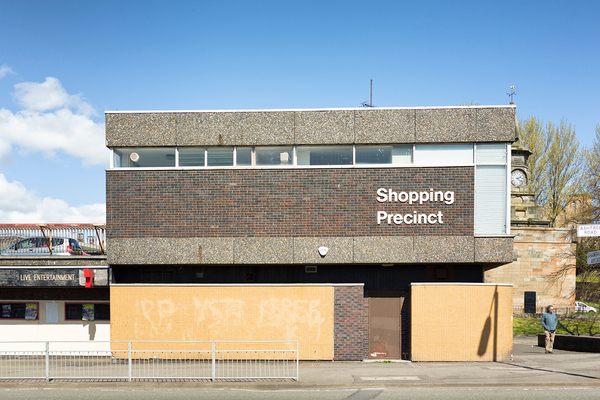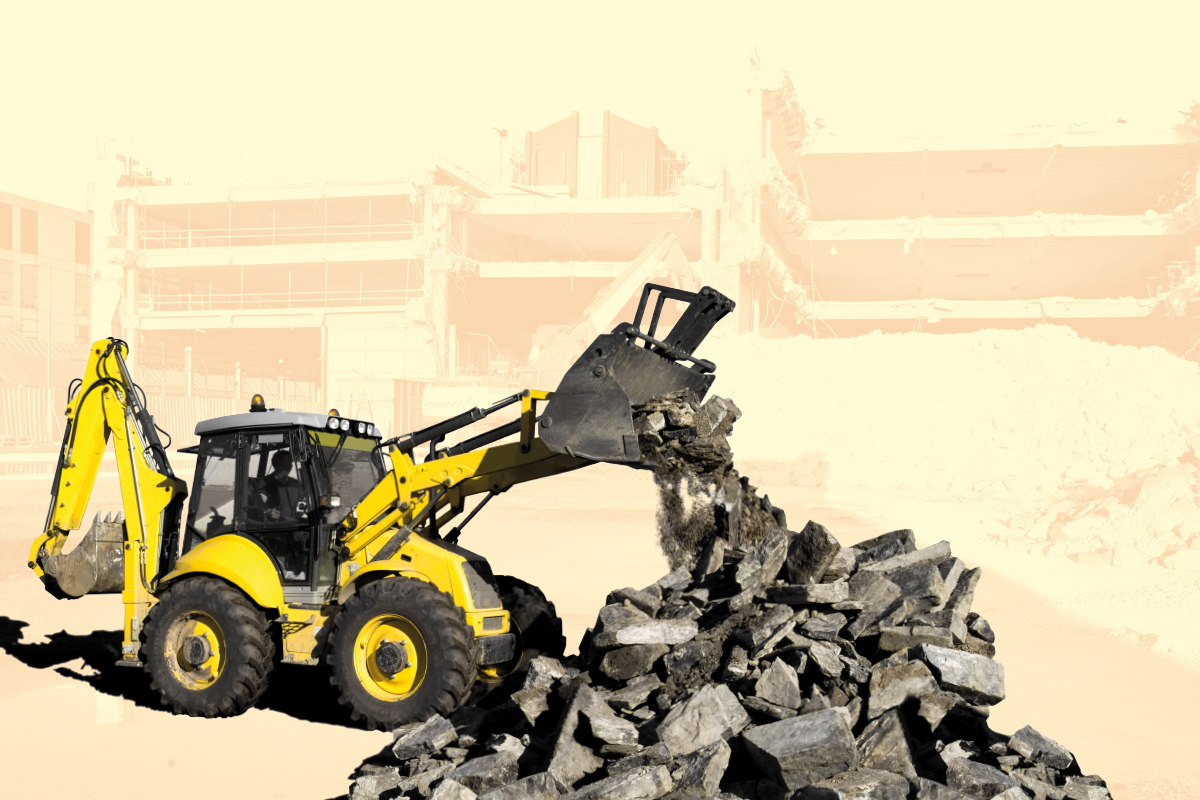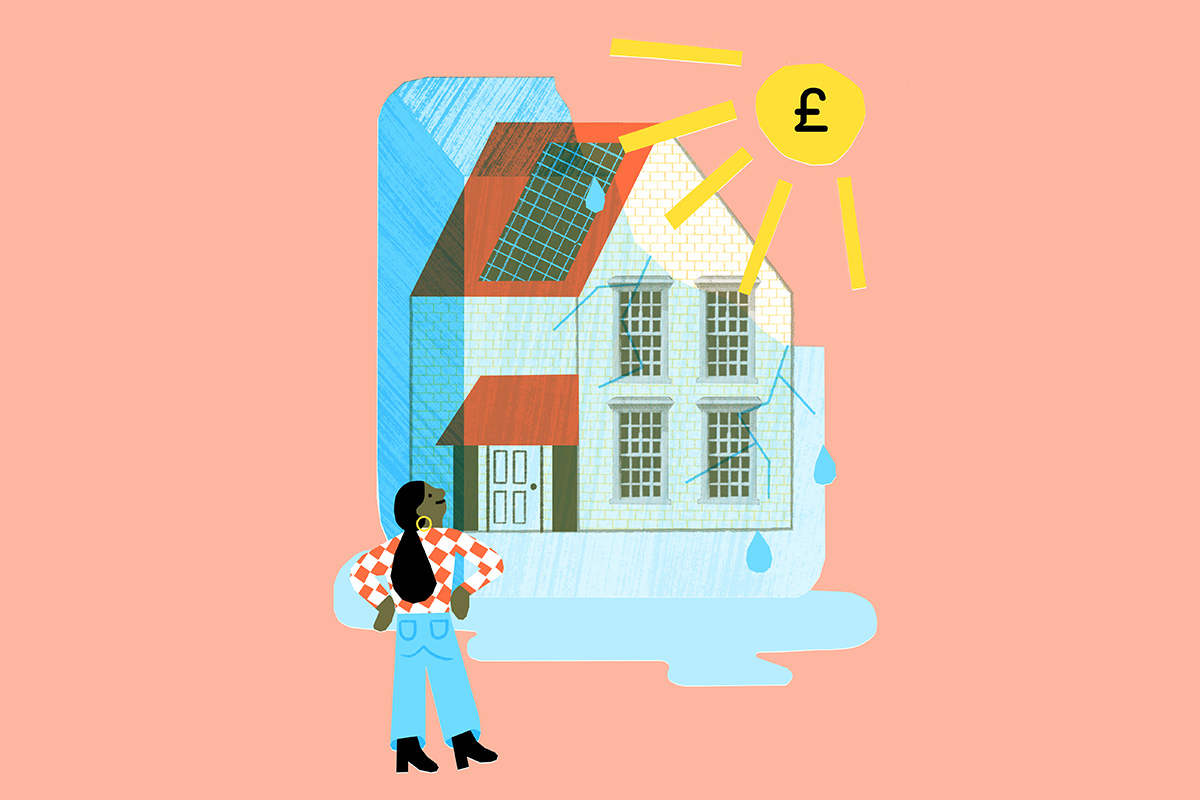You are viewing 1 of your 1 free articles
A cycle of distrust in public bodies risks slowing beneficial change
Social landlords need to address the increasing difficulty of reaching consensus for new urban space projects better suited to our more fluid lives, says Kate Davies
I recently attended an interesting event, laid on by the (new, smaller, improved) Guardian newspaper.
A group of us from public bodies and private sector companies considered the future.
We approached housing in the context of work, transport, health and city life.
We focused on London because the issues here are particularly acute: supply, affordability and social tension.
The design of our cities is dominated by the ambitions and aspirations of our ancestors – Georgian terraces, theatres and layouts; the Victorian hospitals, churches, town halls, urban parks, public houses and schools; the 1930s suburbs, tube stations and shopping “parades”; the car parks, “shopping centres”, office blocks and council estates of the 1950s.
“Our lives, relationships, needs and communities are much more fluid and flexible – yet the built environment is concrete.”
Yet considering our own needs and those of our staff and families we found the space we enjoyed was adaptable but not right for today.
We don’t really want to shop in parades or worship on a Sunday, sit in the “snug” drinking bitter, or necessarily work 9 to 5 in an office.
Our lives, relationships, needs and communities are very different and much more fluid and flexible – yet the built environment is concrete, and not just on the Southbank.
We envisaged a future where live/work spaces (designed to incorporate professional and personal lives) for all may replace office blocks and blocks of flats – it seems wasteful to have a workplace and a home and travel between the two – not to mention the stress, overcrowding, and pollution it creates.
But we all need community, team work and a sense of belonging.
We talked about 24-hour buildings to support 24-hour living.
It is wasteful for schools to close between 3.30pm and 9am with long breaks, when children still need care, and adults want education, training or other opportunities over extended periods.
We all commented on community buildings and tenant halls that are usually locked up because they were built at and for a different time, and libraries that open for just a few hours a week.
How older people’s needs could be managed between family and public bodies, supported by technology.
“Technology is intrinsically democratic but class division and the inequality of wealth and power are as strong as ever.”
We discussed the sharing economy – how Airbnb, eBay and Uber are a way of monetising spare capacity.
But we need a broader model of how we can reuse and recycle time, premises and other resources that is not exploitative. And this is a difficult and interesting tension.
I am old enough to say I was inspired by Harold Wilson’s view of the importance of technology and science to transform society, and to create more equality and greater opportunity.
Now that we find ourselves in the fourth industrial age, we see mixed results. Technology is intrinsically democratic but class division and the inequality of wealth and power are as strong as ever.
Huge progress in science and technology has not made the world more egalitarian – in fact the opposite.
The deep conservatism of many British people – expressed in the Brexit vote – means in a climate of change many of us cling to what we know: our country, our race, our home, our job, our family.
Certainly, continuity and familiarity help us tolerate threats and change. We love our history and heritage as it helps us feel grounded, part of something greater and gives us something to identify with.
On the downside, the fetishisation of some old buildings and old ways of working can stop us adopting better approaches.
I am not sure it is possible to close a hospital today even if it was built in the Victorian age and is clearly not fit for purpose.
Even though I believe that new technology, drugs, chronic condition management, and wellness approaches could lead to much more effective health services at home or in the community, change on this scale cannot really be tolerated. In the context of cuts to public services, people generally stick with the ‘devil they know’.
“The fetishisation of some old buildings and old ways of working can stop us adopting better approaches.”
Unfortunately when trust in public bodies is low, beneficial change is increasingly – and understandably – contested, and progress slows.
Public bodies, and our elected representatives at national and local levels, should be able to make sensible decisions which balance the needs of all but we have got stuck in a cycle of distrust.
Those of us who have responsibility for social housing, new build, and increasingly the recreation of our old town centres will have to address this more actively. The underlying inequality in modern society makes it hard to reach a consensus today.
Kate Davies, chief executive, Notting Hill Housing










